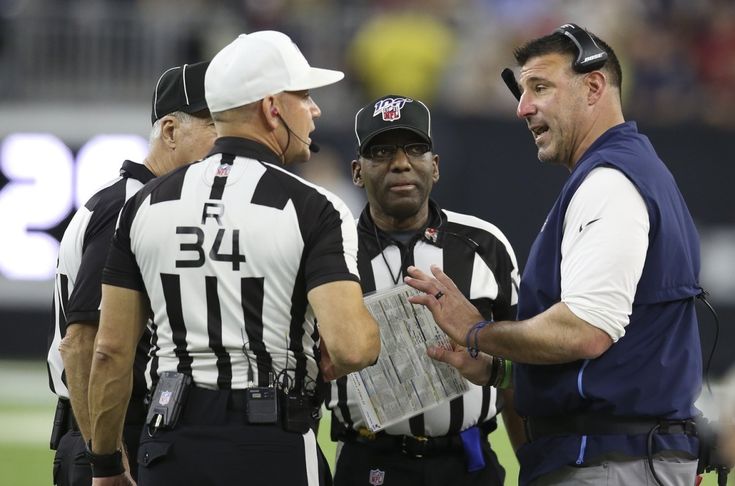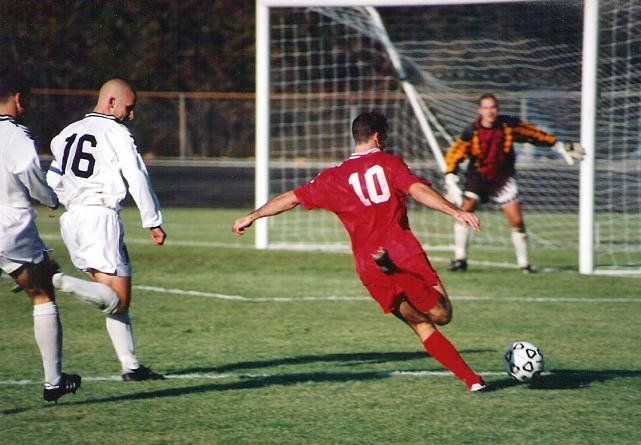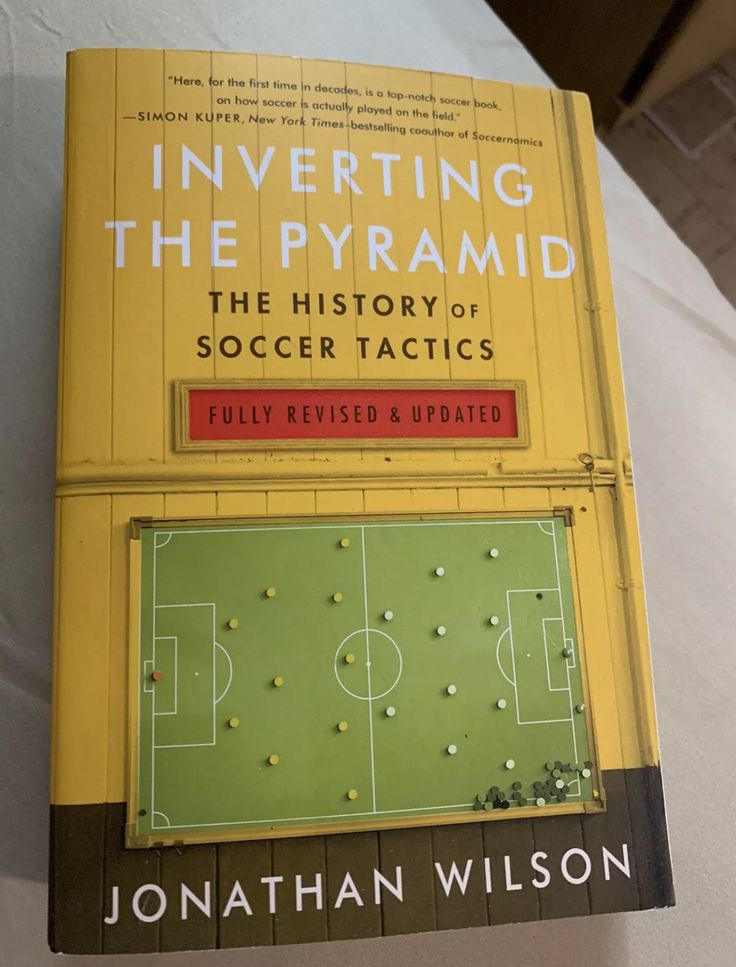Introduction
Whether you’re planning your Sunday around a game or simply curious about football logistics, knowing how long a football game lasts is more important than you think. While the official time may seem straightforward, several factors can extend the actual experience. In this article, we’ll break down the length of football games across different levels, explain what influences game time, and help you better manage your viewing schedule.
Why Understanding Game Length Matters
Understanding how long a football game takes helps fans plan their time better, avoid missing key moments, and even know when to grab a snack or take a break. It’s especially useful for parents attending high school games, sports bettors, or fantasy football enthusiasts tracking live performances.
Quick Answer: Average Football Game Time
On average, a football game lasts about 3 hours from kickoff to the final whistle. While the game clock shows only 60 minutes of play, factors like commercials, halftime, penalties, and reviews significantly extend the actual duration.
Standard Duration of a Football Game
The structure of a football game is governed by time segments that determine how long teams are on the field. Despite a 60-minute regulation time, the real-world length often surprises new viewers. Here’s how the clock is officially structured.
Total Time on the Clock
A regulation football game consists of 60 minutes of gameplay, divided into four 15-minute quarters. However, the clock doesn’t run continuously—it stops for incomplete passes, penalties, timeouts, and various other reasons, which adds to the real-world duration.
Number of Quarters and Duration per Quarter
Football is played in four quarters, each lasting 15 minutes in the NFL and college football. High school games usually have 12-minute quarters. Between the second and third quarter, there is a halftime break, which also contributes to the extended time.
Halftime Duration and Purpose
Halftime typically lasts 12 minutes in the NFL and up to 20 minutes in college football. It allows teams to rest, strategize, and receive medical attention. For fans, it’s an opportunity to grab food, use the restroom, or watch special halftime entertainment, especially during major games like the Super Bowl.
How Long Is an NFL Game?
The National Football League (NFL) has one of the most watched and structured formats in sports, and its game length reflects both gameplay and commercial interests. While it officially spans 60 minutes, an NFL game can often last over 3 hours in real-time.

Regulation Time in the NFL
An NFL game is made up of four 15-minute quarters with a 12-minute halftime. The game clock stops frequently—for example, after an incomplete pass, when a player goes out of bounds, or when penalties occur. These pauses inflate the game’s total run time.
How Commercials and Breaks Extend Total Time
NFL games are heavily commercialized. On average, over 20 commercial breaks occur during a game. Add in replay reviews, coach’s challenges, and injury timeouts, and it’s easy to see why most NFL broadcasts stretch beyond 3 hours.
Average Length of an NFL Broadcast
The typical televised NFL game lasts about 3 hours and 12 minutes. Interestingly, actual gameplay (ball-in-motion) only accounts for about 11–15 minutes. The rest is taken up by huddles, stoppages, replays, and advertisements.
How Long Is a College Football Game?
College football games are similar in structure to NFL games but often run longer due to different rules and a slower pace of play. Fans of NCAA football are used to devoting over 3.5 hours to a full game experience.

Differences in Timing Rules Compared to NFL
One key difference is the game clock stops after every first down in college football, allowing the chains to reset. While this creates more scoring opportunities, it also extends the total game time compared to the NFL.
Why College Games Are Typically Longer
College games tend to feature more passing plays, reviews, and scoring, all of which contribute to more stoppages. Add in longer halftimes for bands and student performances, and the total time can easily approach 4 hours.
Stats on College Game Average Duration
On average, college football games last between 3 hours and 20 minutes to 3 hours and 40 minutes. Overtime, extended drives, and frequent penalties can stretch the time even further, especially during rivalry or playoff games.
How Long Is a High School Football Game?
High school football follows a simpler format but still shares the foundational structure of the sport. Though less commercialized and faster paced, these games still require a solid time commitment from players, parents, and fans.
Quarter Length and Running Clock Variations
High school football games consist of four 12-minute quarters. Some leagues or states use a “running clock” rule in cases of a lopsided score, which can shorten the game. This is especially common in youth or JV-level matches.
Typical Total Duration of High School Games
Without the extensive stoppages of college or pro games, a high school football game usually lasts around 2 to 2.5 hours. Games that stay close or involve frequent penalties may take slightly longer.
Overtime in Football: How It Affects Game Length
Overtime rules vary significantly between football levels, and the way they are structured can greatly impact the overall game duration. While most games end in regulation, overtime can add suspense—and extra time—to the match.

NFL Overtime Rules
The NFL uses a 10-minute sudden death period during the regular season, with each team guaranteed one possession unless a touchdown is scored on the opening drive. If no winner is declared after the overtime period, the game ends in a tie (except in playoffs).
College Football Overtime Rules
College football overtime is more extended and strategic. Each team starts from the opponent’s 25-yard line and takes turns scoring. If the game remains tied after the second overtime, teams are required to attempt two-point conversions.
Longest Recorded Football Games in History
Some of the longest football games have stretched over five hours. For instance, a 2021 college game between Illinois and Penn State lasted over 4 hours and 50 minutes, going into a record nine overtimes. These rare marathons show how dramatically overtime can affect game duration.
Factors That Influence Total Game Time
While the official game time is fixed, various external and in-game factors can affect how long a football game actually takes. These influences are especially noticeable during televised or high-stakes games.
Timeouts and Reviews
Each team is allowed three timeouts per half. Coaches may also challenge certain plays, leading to official video reviews. These stoppages—while essential for fairness and strategy—can extend game time by several minutes each.
Penalties and Injuries
Every penalty requires explanation and enforcement by referees, which can disrupt the flow of the game. Similarly, injuries result in timeouts for medical assessment, further lengthening the match duration, especially in player-safety-conscious leagues.
Weather Delays and External Factors
Inclement weather such as lightning or heavy rain can lead to significant delays, particularly in outdoor stadiums. In rare cases, games are even postponed or suspended. Other external events like crowd disturbances or technical issues can also interrupt play.
TV Broadcast vs. Actual Play Time
One of the most surprising aspects of football for new viewers is how little of the total broadcast time is spent with the ball actually in play. The majority of a televised game consists of downtime, replays, commentary, and ads.
How Much of the Game is Actual Play?
According to studies, only about 11–15 minutes of an NFL game involves actual live action where the ball is in motion. The rest of the time includes huddles, resets, referee announcements, and lineup formations.
Time Breakdown: Action vs. Non-Action
In a standard NFL broadcast of approximately 3 hours and 12 minutes, over 75 minutes are spent on replays, 60+ minutes on commercials, and the rest on analysis or pre/post-game commentary. This means just a small portion of viewing time is spent watching true gameplay.
How to Watch a Full Game Without Wasting Time
If you love football but don’t have time to sit through a 3+ hour broadcast, there are smarter ways to enjoy the full experience without investing your entire afternoon or evening.

Tips for Streaming Efficiently
Streaming platforms often allow pause, rewind, or fast-forward functions. Watching a game with minimal interruptions or skipping ads during a replay can help you finish the game faster. Turning off live commentary and halftime shows can also reduce your total viewing time.
Condensed Game Options and Highlights
Most sports networks and team apps offer “condensed game” replays that include only the key plays and highlights, usually within 30–45 minutes. This is a great option for casual fans or busy viewers who still want to catch every major moment without the fluff.
Conclusion
Football games may officially be 60 minutes long, but in reality, the experience extends far beyond the clock. Whether you’re watching the NFL, college, or high school level, the total duration is influenced by timeouts, reviews, halftime, and even weather. While the NFL averages just over 3 hours, college games often push closer to 4 hours, and high school games are typically quicker, around 2 to 2.5 hours.
Key Takeaways on Football Game Duration
Understanding the structure of the game—from quarters and overtime rules to commercial breaks—can help you plan your time effectively. For die-hard fans, the full experience may be worth every minute. But for those short on time, condensed replays and streaming tricks offer great alternatives.
When You Should Plan Extra Time for a Game
If you’re attending or hosting a watch party, plan for at least 3 to 3.5 hours to cover the full scope of an NFL or college game. Playoff games, rivalry matchups, or those with frequent stoppages can run even longer, so always allow for some buffer time.

